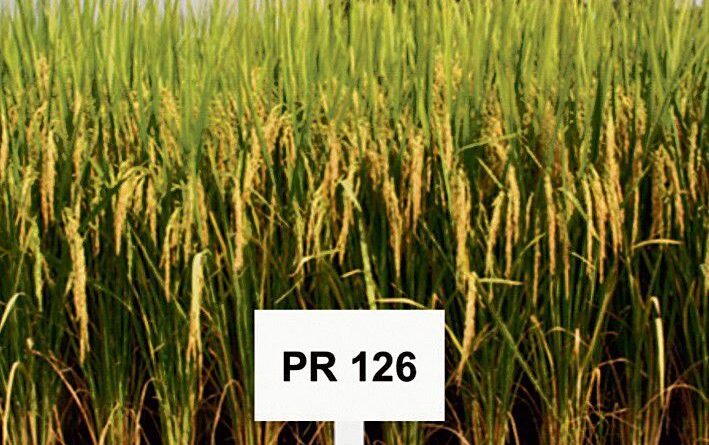Punjab: Farmers resist shift to early-maturing paddy amid procurement concerns
By Muskan
Farmers in Punjab are expressing reluctance to adopt early-maturing paddy varieties such as PR126, citing concerns over the government’s procurement timeline that, they say, does not align with the crop’s harvest period.
Paddy sowing in districts such as Sangrur, Ludhiana, Malerkotla, Mansa, Moga, Barnala, Patiala, Kapurthala, Jalandhar and Nawanshahr commenced on Monday. Despite a state-imposed ban on long-duration paddy varieties, farmers have continued sowing the water-guzzling, long-duration PUSA 44 variety. The state government has advised farmers for a shift to short-duration varieties like PR126 and PR121. These varieties mature 15-20 days earlier than PUSA 44, offering benefits like reduced groundwater use and less stubble burning.
However, farmers argue that the early harvest of these new varieties does not align with the government’s procurement timeline, which typically begins in October. “If we sow PR126, it will be ready by September, but there won’t be any procurement in the mandis at that time,” said a farmer from Laddi village in Sangrur. “Last year, our crops went unsold and got damaged. This will happen again,” he added.
The government’s policy aims to address the growing environmental crisis, including water scarcity and air pollution caused by late-harvest paddy. But farmers remain skeptical, citing last year’s experience, where those who adopted PR126 faced procurement delays, leading to financial losses.
Agricultural experts and farm bodies have urged the state and central governments to adjust procurement schedules or create dedicated channels for early-maturing varieties. “Promoting a new crop variety without addressing market linkage issues will only deepen farmer distress,” said an agriculture economist.
This article has been republished from The Hindustan Times.

